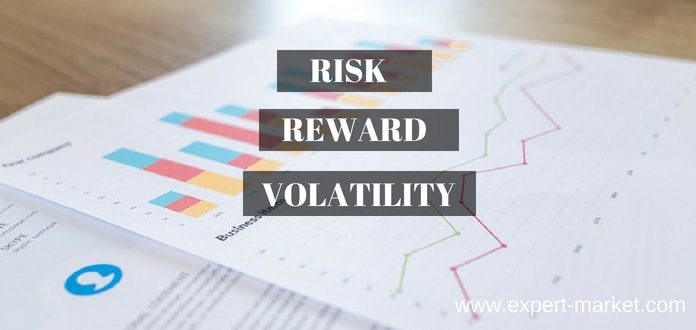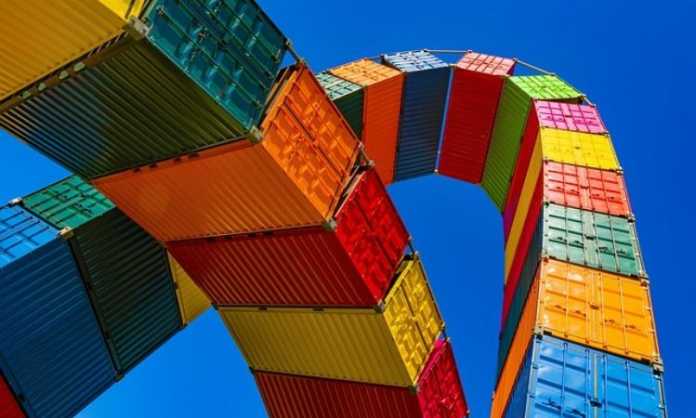For some, there’s a tendency to think that trading commodities is a little outdated in the digital age. After all, this traditional and non-derivative marketplace has been overtaken by currency and concepts such as spread betting in recent times, making it less popular in the eyes of new traders.
Still, commodities continue to represent a diverse and potentially lucrative asset class, particularly with the right choice of products to back. There are around 30 actively traded commodities on the U.S. futures exchange alone, for example, and choosing the right ones is increasingly pivotal.
So, here’s a brief guide to selecting the commodities that are right for you, based on a few strategic considerations:
Do you have Existing Industry Knowledge?
Most traders will advise you to focus on assets and commodities that you have at least some degree of expertise in, or at least a viable foundation of knowledge.
This is a purposeful rule for all forms of investment, as this helps you to leverage any potential competitive advantage and optimise your chances of achieving a viable return.
The key is to focus on your previous workplaces financial market experiences, while also addressing any knowledge that you have specific commodities or products. Then, you can begin to shortlist options and ensure that you target the right commodities that are compatible with your existing knowledge base.
Consider Risk-Reward and Volatility

Then we come to your risk parameters as an investor, and more specifically whether you’d describe yourself as being averse to risks or happy to take on less secure trades in the pursuit of potentially larger and more significant gains.
At this point, you’ll need to appraise each shortlisted commodity and consider whether or not this falls within these predetermined risk parameters, as while some commodities will record minimal average price shifts each day, others will showcase more considerable volatility and see sustained movement.
With this in mind, you should research the volatility of each commodity in detail, before checking the respective futures margins and their potential returns.
Are There any Barriers to Entry?
Even on a fundamental level, there may be some commodities that you are simply unable to afford as an investor.
More expensive commodities will require you to pay a hefty price or deposit through a futures exchange, and this could well prove to be beyond your means in some instances.
This and the margin that you access as a trader will depend on a variety of factors, primarily the daily shifts in the price of futures contracts. Market conditions can also play a part, but the fact remains that you’ll have to rule out some commodities from the outset.
Although this can be disappointing, it at least enables you to make informed decisions that suit your trading circumstances.



























